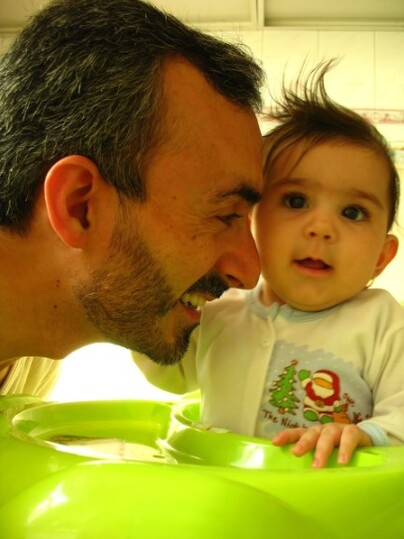 Having a baby for many couples brings about joyous nourishment for all involved and is said to be more work and more rewarding than you can ever imagine. This new change can also create a significant decrease in satisfaction within the relationship. This article series is based on the relationship changes during this life transition, the effects on the communication within the relationship and the possible ways to improve these skills for the betterment of the relationship and the baby’s psychological and emotional development. During this transition from partnership to parenthood, the focus of the relationship is switched from the self and partner to the new born baby. Half of all new parents report a decrease in their relationship satisfaction. This disconnect has been historically explained through the ‘rose tinted’ view of child bearing perpetuated by society and the actual reality of work load associated with parenthood. This transition creates a dramatic reorganisation of the relationship dynamics and the needs within them (1). After the child is born the new parents patterns of intimacy and communication change, sexual satisfaction tends to decline, and new parents report an increase in conflict and disagreement. This might lead to a reliable decrease in relationship satisfaction and seems consistent across western cultures and is therefore likely to affect intercultural couples in Finland. The importance and impact of this decrease in relationship satisfaction upon the baby’s development can be seen in the link to depression, attentional and emotional related problems, withdrawal, poor social competence, low self-esteem and conduct related disorders later in life. The environment that is provided by the parents is shaping the way in which the baby’s brain is developing and can inhibit the emotional and intellectual development of the baby. If the parents are experiencing a reduction in their relationship satisfaction then they are likely unable to provide a healthy emotional environment for the baby’s development (1,2). Furthermore, women in the partnership tend to experience a larger change in their relationship satisfaction than men. This can be partially explained by the stereotypes of labour distribution for gender roles within the home, as the mothers are more likely to have disproportional demands on their time over the fathers (1). This major life change of parenthood, forces the re-examination of the prior arrangements within the relationship and changes the perceptions of imbalances and injustices. The problems that existed in the relationship before parenthood become exacerbated with the additional dynamic of a baby. This new dynamic creates issues common to both mono and intercultural couples alike for example;
Intercultural couples additionally suffer from stresses related to their change of circumstances, for example;
These additional stresses, and many more within intercultural relationships are clearly reflected within the per year divorce rates in Finland, being three times higher for intercultural couples than mono-cultural couples (6). Keys to success As we now know this worrying statistic, it is important to keep in mind what factors create success in relationships. The key differences that predict a stable or an improvement in relationship satisfaction are for example (Romano, 2008);
During the transition to parenthood any relational problems that are present in the relationship or individual psychologies before the birth of the child can grow to become more of a problem. This can be explained by the couple’s self-regulatory strength depletion. Self-regulatory strength can be understood as the ability for a person to repress, change or regulate their own behaviour. Self-regulatory strength can be temporally weakened by recent exertion and stresses common to new parents such as time pressure, noise, fatigue etc. This can lead to the decline in the relationship satisfaction as the depletion can affect the parents emotional regulation, choice-making, physical persistence, impulse inhibition, and high-level cognitive performance (7). The couple’s individual psychologies interact with the transitional issues, who we are, the circumstances we encounter, and create the way that we respond. This will define whether there will be a decline in the relationship satisfaction or not (1). The negative transitional issues that are associated with a decline in relationship satisfaction are;
In part 2 we will read more about how to improve and protect against a decline in relationship satisfaction. (Timothy Hudd BA) The author is a BACP registered Counsellor and psychotherapist in the UK, living and practicing in Helsinki, and married to a Finn himself. References
Comments are closed.
|
kirjastoKirjasto-sivuilta löydät artikkeleita, juttuja, vinkkejä ja oppaita sekä tutkimustietoa kahden kulttuurin perheitä lähellä olevista aiheista
kategoriat
All
|
|
|
© Familia 2024

 RSS Feed
RSS Feed

